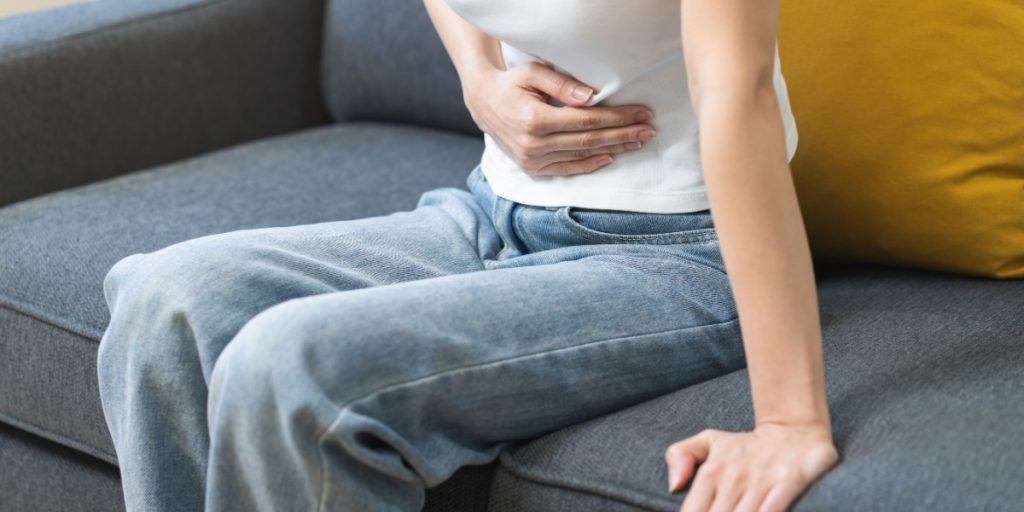Endometriosis is already painful and life-altering. Now, researchers say it may also increase the risk of other chronic illnesses.
Others are reading now
Endometriosis affects 1 in 10 women of reproductive age, causing intense pain, fertility problems, and a major impact on daily life.
But now, researchers from the University of Oxford say the condition may be connected to a range of other serious diseases — and the link may lie in women’s genes.
The study, published in the journal Human Reproduction, analyzed genetic data from women with endometriosis and found clear patterns that may explain why many sufferers also develop autoimmune and inflammatory conditions.
Up to 80% Higher Risk
The findings suggest that women with endometriosis face:
Also read
- 30–80% higher risk of developing rheumatoid arthritis, multiple sclerosis, osteoarthritis, and psoriasis.
That’s on top of the well-known symptoms of endometriosis, which include:
- Chronic pelvic pain
- Painful periods or intercourse
- Fertility challenges
And while doctors have long observed that women with endometriosis often suffer from other conditions too, this is the first large study to show genetic links between endometriosis and these diseases.
A Common Genetic Thread
Endometriosis occurs when tissue similar to the uterine lining grows outside the uterus. It’s a chronic and often misunderstood condition.
In this new study, researchers looked at shared genetic markers and found overlaps with autoimmune diseases — a clue that these conditions may have common roots in the immune system or inflammation pathways.
“We’ve known for a while that many women with endometriosis also suffer from other illnesses,” the researchers said in a statement. “Now we can see that some of these connections are built into their genetics.”
Why This Matters
While the study doesn’t explain exactly why these diseases are linked, it gives scientists a crucial starting point.
Understanding the shared genetic background could help:
- Improve early diagnosis
- Identify women at higher risk
- Develop treatments that target multiple diseases at once
This is especially important since endometriosis is often diagnosed late, sometimes taking years of unexplained pain before women get the help they need.


